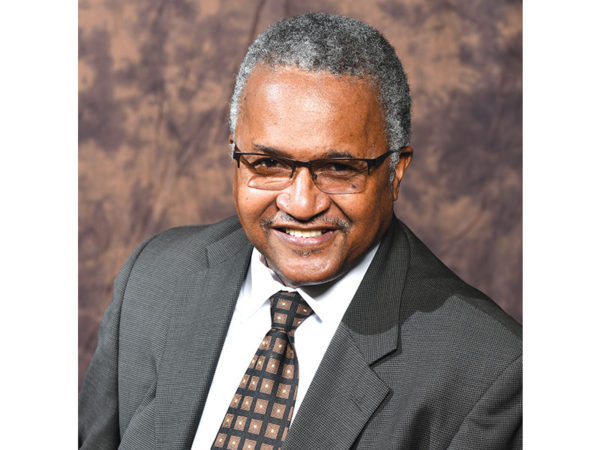In 1979, as members of the Monroe Charter Commission pondered its new government, there was heated debate over the salary of the mayor of Monroe under the home rule charter.
The debate concluded that the salary would be fixed at $40,000 but could be raised by a council vote, but would not go into effect until the next mayor was elected.
When Monroe’s new government began in 1980, the mayor received what was considered an astronomical salary of $40,000 a year. At that time, the minimum wage was $2.90 an hour, and the average minimum wage worker only earned around $5,500 annually before taxes.
Over the years, increasing the mayor and council members’ salaries has always caused controversy because folks in government only wanted to raise the salaries of the elected officials, but not those of the lowest-paid city workers.
In the early 90s, when the mayor’s salary was raised to $75,000, there was an outcry from sanitation workers. In response, former Mayor Bob Powell said, public works employees were a “dime a dozen.” He told them to quit if they didn’t like their salaries.
In 2003, Mayor James Earl Mayo pushed through an increase for the mayor and council members. The mayor’s salary moved from $75,000 to $90,000. However, he did offer raises for rank-and-file employees, too, just weeks before the election. It wasn’t much, but it was something. (Mayo even returned his $15,000 raise the first year of his 2004 term.)
The mayor’s raise and the gap between what the officials earned became wider. In 2003, the mayor earned $90,000 annually, but its valued public works employees only earned $5.15 an hour or less than $10,000 annually.
The new proposal before the city council next month will be to raise the mayor’s salary to $130,000, while most of those at the bottom of the city’s pay scale remain at $10 an hour or less. The mayor’s inner circle received plush raises since he took office, and Jimmy Bryant earns more than the mayor, plus benefits as the retired fire chief.
The folks at the top are sitting pretty and want more without pushing to bring the lowest-paid workers with them.
The workers at the bottom are struggling. They “need” a 45 percent raise, while those at the top simply “want” a raise. There is a big difference between $130,000 a year and $19,200 a year.
Ironically, many sanitation workers have the same education as the mayor; he has a GED, and they have the same or better. So it’s not education that’s making the difference or skill sets. He can’t do their jobs, and they can’t do his.
It’s a matter of perception. We think public works employees are a dime a dozen until something doesn’t work; then, we see their value.
It would make everyone feel better if those at the bottom also received a raise that would close the gap between the mayor’s salary and the lowest-paid workers, or at least keep it the same.
A $ 20-an-hour city minimum wage would move them to $38,400 a year. They could live with that.
Even the city council members who presently meet twice per month and earn $500 per meeting will earn $750 a meeting if the plan passes.
While city council members, who are part-time, want higher pay, they are not proposing any increases for their own staff employees, which will be stuck at their present level for the next 20 years. It’s the Council’s staff that pulls the heavy workload. Council members cast votes, pick up their checks and go home.
Since there probably won’t be another increase in the mayor’s pay for another 20 years, then $130,000 is actually too low. We think $150,000 is reasonable, but $175,000 would be ideal.
However, no raise should be given to the mayor or council members unless it’s tied to pay raises for those who carry the city’s heavy lifting for less money than the mayor’s secretary.
It would be hypocritical for part-time council members to increase their per-meeting pay while ignoring the plight of their staff.
It would be hypocritical to pay the mayor a reasonable wage but not consider raising the base pay of the lowest-paid workers in the city.


